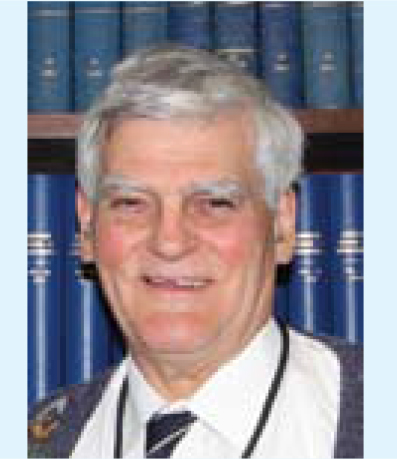Services on Demand
Article
Indicators
Related links
-
 Cited by Google
Cited by Google -
 Similars in Google
Similars in Google
Share
South African Dental Journal
On-line version ISSN 0375-1562
Print version ISSN 0011-8516
S. Afr. dent. j. vol.69 n.7 Johannesburg 2014
EDITORIAL
WG Evans
Managing Editor, E-mail:bill.evans@wits.ac.za

A considerable sigh of relief may have resounded through the profession when it was announced that the proclamation of those sections of the National Health Act dealing with the Certificate of Need were to be withdrawn. The Journal would not claim that publication of the satirical letter sent by Professor Stein (see July issue) had been instrumental in achieving the decision,... but it was certainly apposite! The Association, however, had been diligent in submitting rather more cogent legal reasons which ultimately were considered telling and hence the withdrawal of the proclamation... well done to those concerned, especially at Head Office.
The Department of Health, however, are not retiring from the field, for the Director General: Health has indicated an eagerness to continue the "development of the regulations relating to the Certificate of Need" in liaison with the Association. The acknowledgement of the role of the Association is of course a significant advance, close to being equivalent to the implementation of an Informed Consent agreement. If the Association could always rely on the privileges of Informed Consent when dealing with proposed legislation affecting the profession, the task of representing the interests of dentists would be greatly facilitated.
Consider the essential provisions of Informed Consent, "a legal requirement to ensure that a patient or client is aware of all the potential risks, complications, side effects and costs of all alternative treatment modalities". We could insert the word " procedure" into that definition so it would read "... of all alternative treatment or procedure modalities." That would cover our dealings with the authorities and the manner in which the professions are themselves treated!
The Profession and the Association should be proud of their roles in the implementation of the entirely laudable principles of Informed Consent in practice management. Due cognizance has been paid to the four pillars on which Medical Ethics is based: Autonomy, Beneficience, Non-Maleficience and Equality, with Autonomy being the most relevant in the context of Informed Consent. Autonomy is the power to govern oneself (Dictionary of Difficult Words: Wordsworth Reference). An uplifting and invigorating concept, but possible only if one is in sufficient possession of the facts. That is the nub for it is not always easy to regularly ensure that patients are indeed in possession of those facts. Even with the very best of intentions do we on occasion lean a little more than perhaps we should towards a certain mode of treatment and not allow the patient the full privilege of Autonomy? Intimately involved is the need for Evidence Based practice. We seem to be challenged on every front!
And a potentially devastating challenge lies in the outbreak of that dreaded disease caused by the Ebola virus. How prudent has been the dissemination of data on Ebola by the Association (SADA Communique 2014.026). Members are now in possession of the facts and will be alert to the possibility, however currently remote, that we could encounter a traveller who has been exposed. The World Health Organisation describes the outbreak in West Africa as an international public health emergency. We now have the chance to "Consent to Information" to ensure we can play an important role in defending against a possible invasion.













